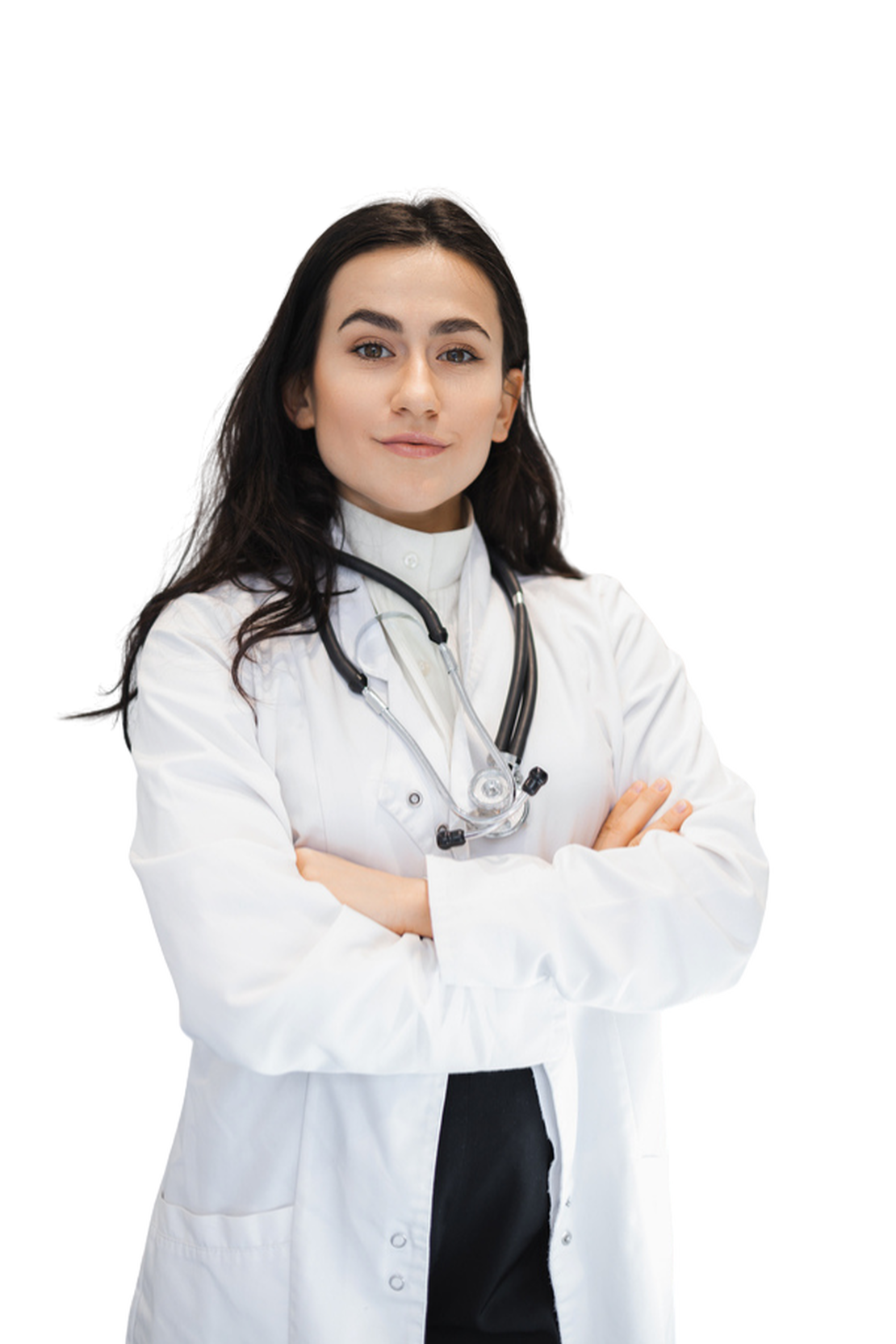About the Department
The Infectious Diseases and Clinical Microbiology department at Istanbul Cerrahi Hospital works on the diagnosis, examination, and treatment of diseases caused by microorganisms. Bacterial, viral, fungal, and parasitic diseases are diagnosed and treated in this department. Infectious diseases can be transmitted from person to person through food, water, air, or contact. The most common symptoms are fever and fatigue. While some infections may be mild, others can be life-threatening and may require hospital intervention.
Laboratory tests are performed on samples such as blood, urine, and sputum for diagnosis. Infectious diseases include throat infections, tuberculosis, urinary tract infections, flu, COVID-19, HIV/AIDS, candidiasis, athlete’s foot, malaria, giardiasis, and hepatitis. The treatment process is planned with antibiotics, antiviral drugs, antifungal drugs, or antiparasitic drugs depending on the type of microorganism.
What Does Infectious Diseases and Clinical Microbiology Treat?
The Infectious Diseases and Clinical Microbiology department performs the diagnosis and treatment of bacterial, viral, fungal, and parasitic diseases. Viral infections can exist in any environment like bacteria but need living cells to reproduce as they cannot reproduce on their own. This can lead to diseases being transmitted from person to person or from animals to humans.
The symptoms of infectious diseases can vary depending on the organism causing the infection. The most common symptoms are fever, fatigue, muscle aches, cough, and diarrhea. While some infections can be controlled with home rest and medication, others may require hospital intervention.
Signs of Infection in the Body
Infectious diseases can show varying symptoms depending on their type, but generally, the following symptoms are common:
- Fever
- Diarrhea
- Fatigue
- Muscle aches
- Cough
In some cases, emergency medical intervention may be required:
- Signs of infection after animal bites
- Shortness of breath
- Sudden severe cough
- Severe headache
- Redness or swelling
- Vision problems
Tests Performed in the Infectious Diseases Department
The diagnosis of infectious diseases is supported by laboratory tests after symptoms and physical examination. The following tests may be applied to determine the source of infection:
- Sputum culture
- Blood test
- Urine test
- Stool test
- Tissue biopsy
- Cerebrospinal fluid analysis
- Swab from nose, throat, or genital area
What are Infectious Diseases?
Infectious diseases occur when microorganisms enter the body. The most common infectious diseases are:
- Throat Infections (Caused by Streptococcus bacteria)
- Tuberculosis (Lung infection)
- Urinary Tract Infections (Bacterial infection in urinary tract)
- Flu (Influenza)
- COVID-19 (SARS-CoV-2 virus)
- HIV/AIDS (Infection that weakens the immune system)
- Candidiasis (Fungal infection)
- Athlete’s Foot (Tinea Pedis)
- Malaria (Parasitic disease transmitted by mosquitoes)
- Giardiasis (Intestinal parasite infection)
- Hepatitis A, B, C (Viral infections affecting the liver)
- Lyme Disease (Bacterial infection transmitted by tick bites)
- Monkeypox Virus (Mpox)
- Sepsis (Risk of organ failure due to immune system overreaction)
Causes of Infectious Diseases
The main causes of infectious diseases are:
- Bacteria: Can cause throat infections, pneumonia, and urinary tract infections.
- Viruses: Cause diseases like flu, COVID-19, hepatitis, and HIV.
- Fungi: Can cause skin infections and more serious infections in immunocompromised individuals.
- Parasites: Can cause diseases like malaria and giardiasis.
Individuals with weakened immune systems, organ transplant recipients, HIV/AIDS patients, the elderly, and those with nutritional deficiencies are more susceptible to infectious diseases.
Treatment of Infectious Diseases
Treatment varies depending on the type of infection:
- Bacterial Infections: Treated with antibiotics.
- Viral Infections: Treated with antiviral drugs and supportive treatments.
- Fungal Infections: Treated with antifungal drugs.
- Parasitic Infections: Treated with antiparasitic drugs.
It is important for patients to use their medications as prescribed by their doctor and pay attention to hygiene rules during the treatment process.
